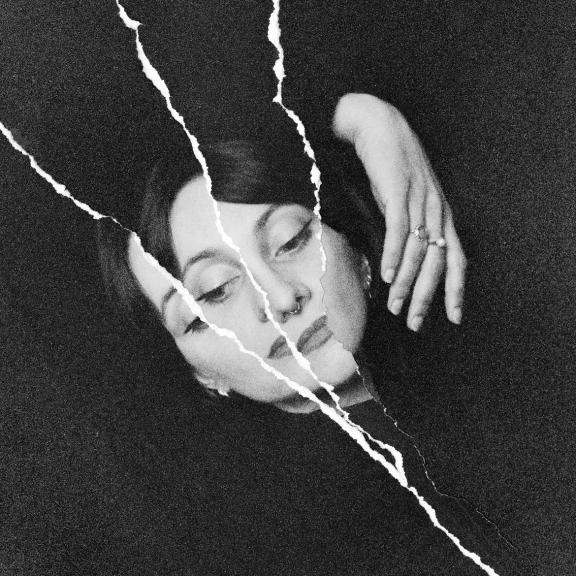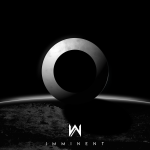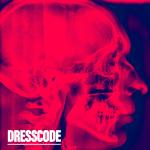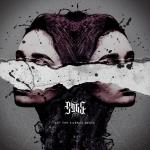Night has been Lila Ehjä's companion since she first started out with her one-woman band and a debut EP, Yö (Finnish for night), which already made a big impression on us. So we were eagerly anticipating the return of her mix of obscure influences (industrial, post-punk, cold wave, etc.) all brought together under the 'cold wave' label, but also the balance between nostalgia and contemporaneity, poetry and concrete urban atmospheres, sober detachment and poignant melancholy in her first entirely homemade full-length, Clivota.
Trends are emerging. Lila Ehjä likes to play with languages: after her Scandinavian nocturnal wanderings, Clivota takes us to Romania. "She blinked her eyelids" say the automatic translators, but the word is more elusive. Already, this first album evokes transience, delicacy, but also the Carpathians, mystery or, quite simply, the simple fact of preferring to close our eyes to the world. Everyone will see what they want. There's also the language, as the artist plays around with his tracks, Frenchifying all those "waves" and kicking off his album with Intro Vague, where the guitar is already lamenting and the reverb is bringing down a cold fog.
We appreciate in Clivota what we loved in Yö and how Lila Ehjä, with her universe, mixes the ethereal with the tangible, her music evoking both the spectral wanderings of a soul in pain and the neon light on lampposts. The Book, with its repetition, has a mystical quality that is later supported by the incantatory frenzy of Worship and its opaque noise layers, while Rust grips us with its biting coldness, its restrained anger, its merciless disdain... and a guitar that gives life to a thick mist on the edge of atmospheric black metal at its most impressionistic. The result is dense and hypnotic. It's as reminiscent of Kas Product as it is of Boy Harsher, only more oppressive.
The poetry of the title track and its wintry drum machine, or the mix of post-punk urgency and industrial darkness on Ghost Love, paint a desolate, cold landscape. Lila Ehjä is best listened to when the sun's rays are turned away, when the silhouettes of bare plane trees stand out against a backdrop of bleak apartment blocks and dull skies. And then, with a bit of synthetic tinkering, Clivota also wanders off in avant-garde directions, always somewhere between modernity and homage to past experimentation. At the end of the album, the hallucinatory Noyades, with its funereal introspective flavour, and Oudrone (another "play on worst") support these noisy ambitions. Lila Ehjä quotes Dario Argento in her press kit: what could be more Giallesque, after all, than getting lost in a labyrinthine urban setting to the sound of dissonant, psychedelic synthesizers, where the only colours and lights are, of course, artificial?






